
News
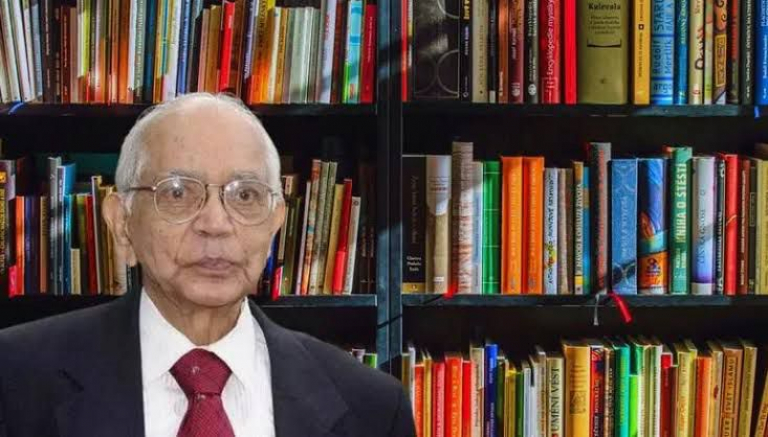
05.03.2024 11:51
The Statistics Community's Grieving Loss
We had a brief conversation with Prof. Dr. Mehmet Gürcan, a faculty member in the Department of Statistics, about the world-renowned statistician Calyampudi Radhakrishna Rao, who passed away last August.
Prof. Dr. Mehmet Gürcan shared important information about the renowned scientist Calyampudi Radhakrishna Rao, who passed away last August.
We sadly lost Rao, a prominent scientist who left his mark on 20th-century statistical science, last August at the age of 102. This is a grievous loss for the entire statistics community. It is impossible to truly understand 20th-century statistical science and its implications for the current era without understanding Rao. We are talking about a valuable scientist who has contributed to countless studies. Rao, who authored countless scientific studies, also advised numerous doctoral students. While the doctoral students included students from many different countries, a striking point is that there were no Turkish students among them. Yet, Turkey has been sending students abroad for graduate studies in statistics for many years. It's a pity that none of these students have had any scientific contact with Rao.
The details of our interview with GÜRCAN, who spoke to our newspaper (Harput Newspaper) about Calyampudi Radhakrishna Rao, one of the leading scientists in statistics, are as follows:
What do you think the secret to Rao's global success is?
Of course, there are many answers to this question. However, the most important characteristic I see is that he completed his doctoral studies with the renowned statistician R.A. Fisher. Fisher added invaluable value to Rao. Learning the fundamentals of statistics from a source like Fisher is truly invaluable.
What do you think was Rao's most important quality?
Rao was a truly brilliant scientist. I believe his most important quality was his ability to express many things in a single sentence. In a student interview, they asked Rao about the Least Squares method. Rao's answer was very interesting. "No matter what happens, there will be a suitable one," was a very clever expression meaning, "if it happens, there will be a suitable one." If we were to ask many scientists living today about the Least Squares method, none of them would likely come up with such an answer.
Do you think Rao has had an influence on statistics in Turkey?
This is truly difficult to answer. How can we observe Rao's contribution to statistics education in Turkey? The most fundamental indicator is that at least one of Rao's books has been translated into Turkish. However, unfortunately, none of these works have been translated to date. Looking at other fields, especially literature, many literary works have been translated into Turkish, both in Russian and other languages. I appreciate this effort. However, why wasn't this effort made for the work of a genius like Rao? Rao is as important to us in statistics as Tolstoy and Dostoyevsky are to Russian literature. Unfortunately, I believe Rao is not sufficiently understood.
So, do you think Rao hasn't been sufficiently recognized within the Turkish statistical community?
Unfortunately, yes. The fact that not a single news item has been made in the Turkish statistical community following the death of a scientist who has been awarded the most prestigious awards in the field of statistics worldwide is a clear indication of this. Unfortunately, no event has been organized in Rao's memory, even in the statistics departments of major research institutions in Turkey. This means that your prominent institution is currently achieving a first in Turkey. If we have the means, we plan to organize an event on this topic under the leadership of the Fırat University Statistics Department. Rao is an international figure in the field of statistics.
Which university in the world do you think has valued Rao?
This is fundamentally a flawed question. All statistical research institutions worldwide have attempted to value him according to their strength. We sometimes use the term "international research institution." In Turkey, we also desire our research institutions to be at an international level. To achieve this, it is necessary to understand and explain what an international research institution means. For a research institution to reach international status, it must first embrace international values in science. Rao spent part of his working life in India and part of it in the United States. So, didn't statistical research institutions in Europe or India organize an event for Rao, an invitation to benefit from his talents and knowledge, or at least a short lecture? Of course, they did all of these things in spades. In short, they embraced his international stature.
So, how can we increase the number of international stakeholders in statistics in Turkey?
When we talk about international stakeholders, foreign students immediately come to mind in Turkey. It's truly a positive development that international students are choosing Turkey for higher education. This is only truly possible when international values are sufficiently embraced and given sufficient importance in higher education. Otherwise, it remains limited to bilateral agreements. This is the situation we face in Turkey today.
Finally, what do you recommend for statistics education in Turkey?
Here, we wanted to briefly commemorate Rao and increase his recognition due to his passing. If we were to ask statistics departments in Turkey how much they know about Rao, I'm sure everyone would mention the Rao-Cramer inequality, but it wouldn't be the latter. Rao is a significant figure. Similarly, we should dedicate a special page to other scientists who shaped statistics in the 20th century and brought it into the 21st, and introduce their works to all statistics professionals.
Other News
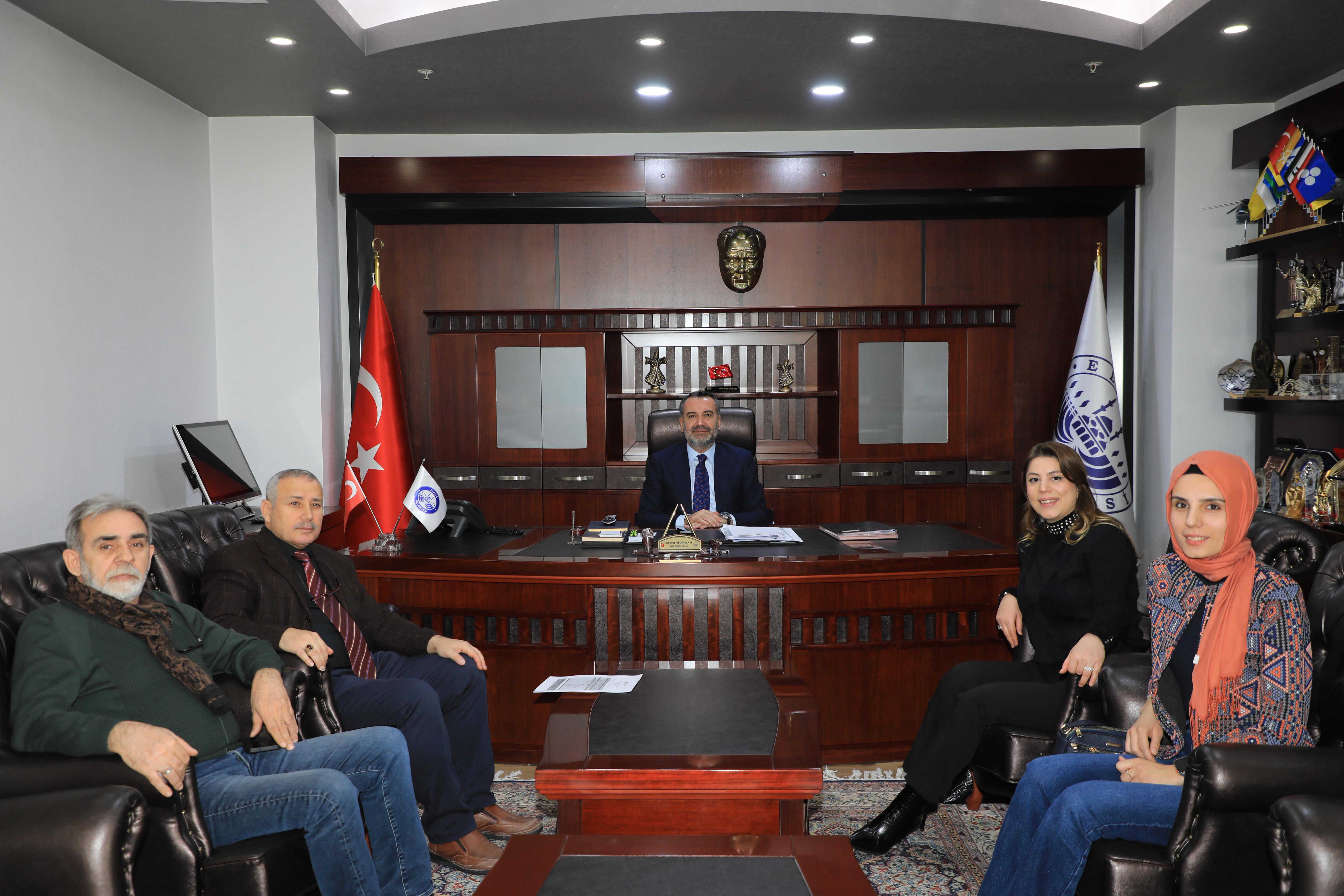
A meeting regarding institutional ...
14.01.2026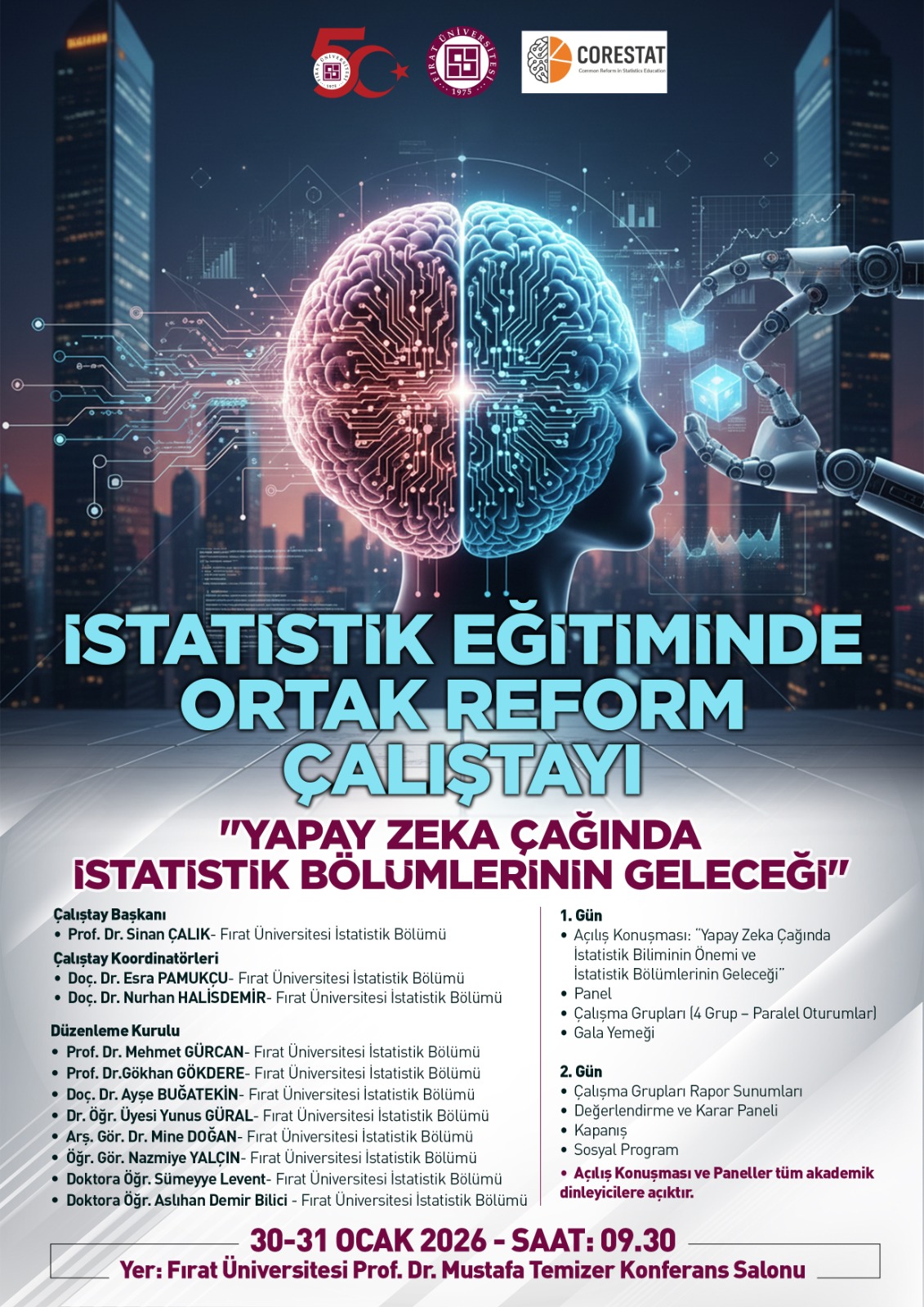
Joint Reform Workshop in Statistics ...
12.01.2026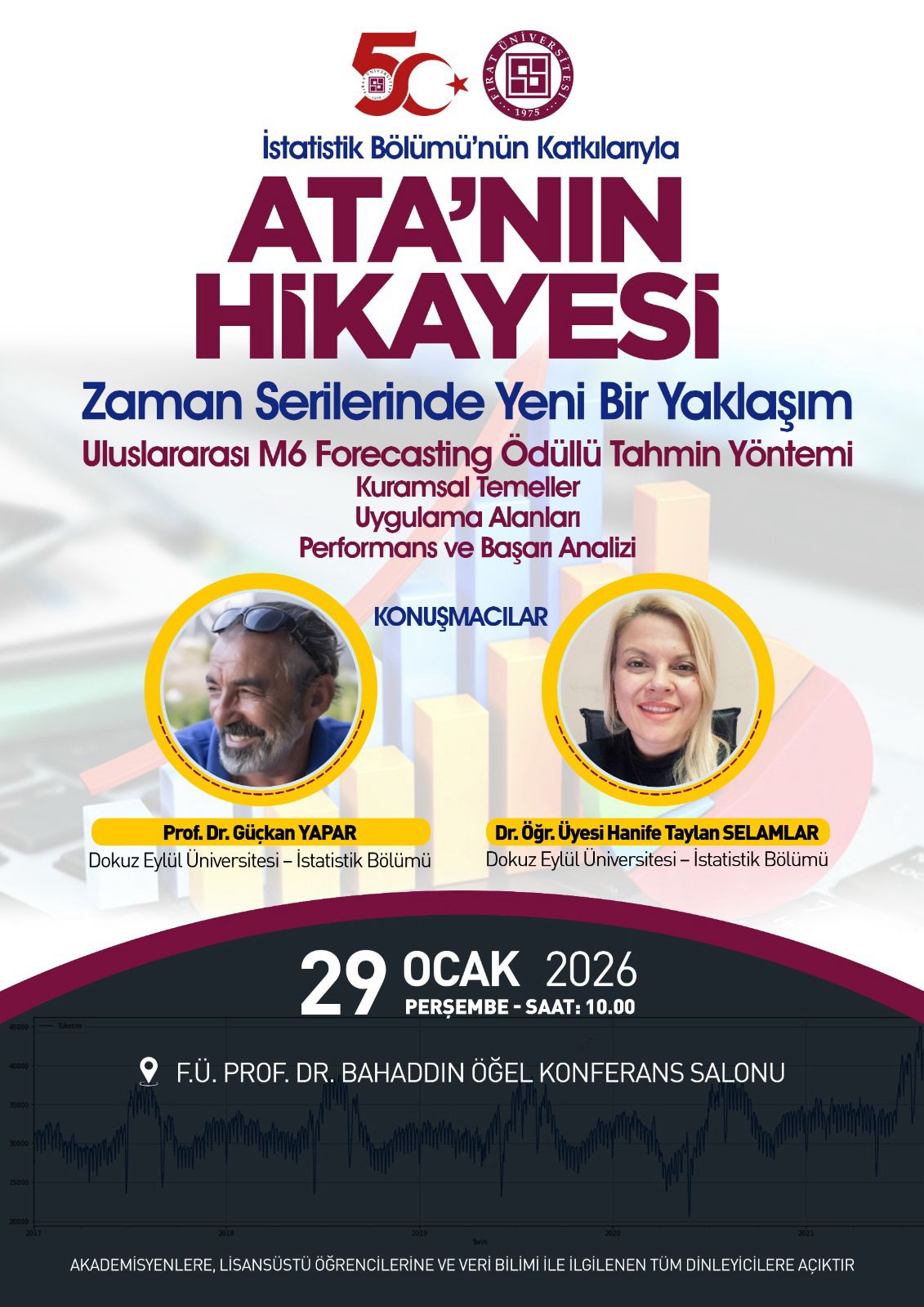
The Story of Ata: A New Approach in Time ...
05.01.2026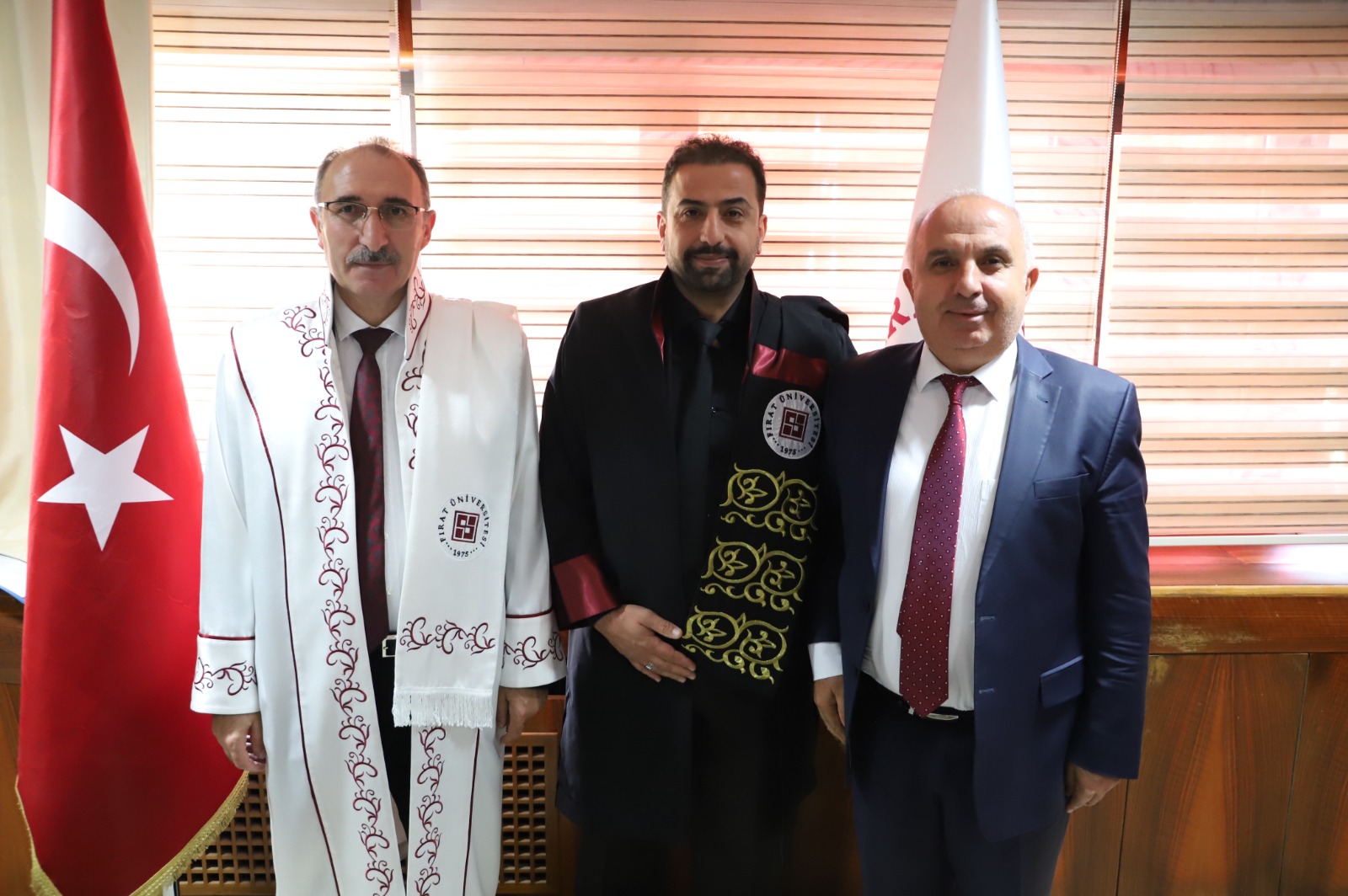
Assoc. Prof. Dr. Gökhan GÖKDERE has been ...
03.11.2025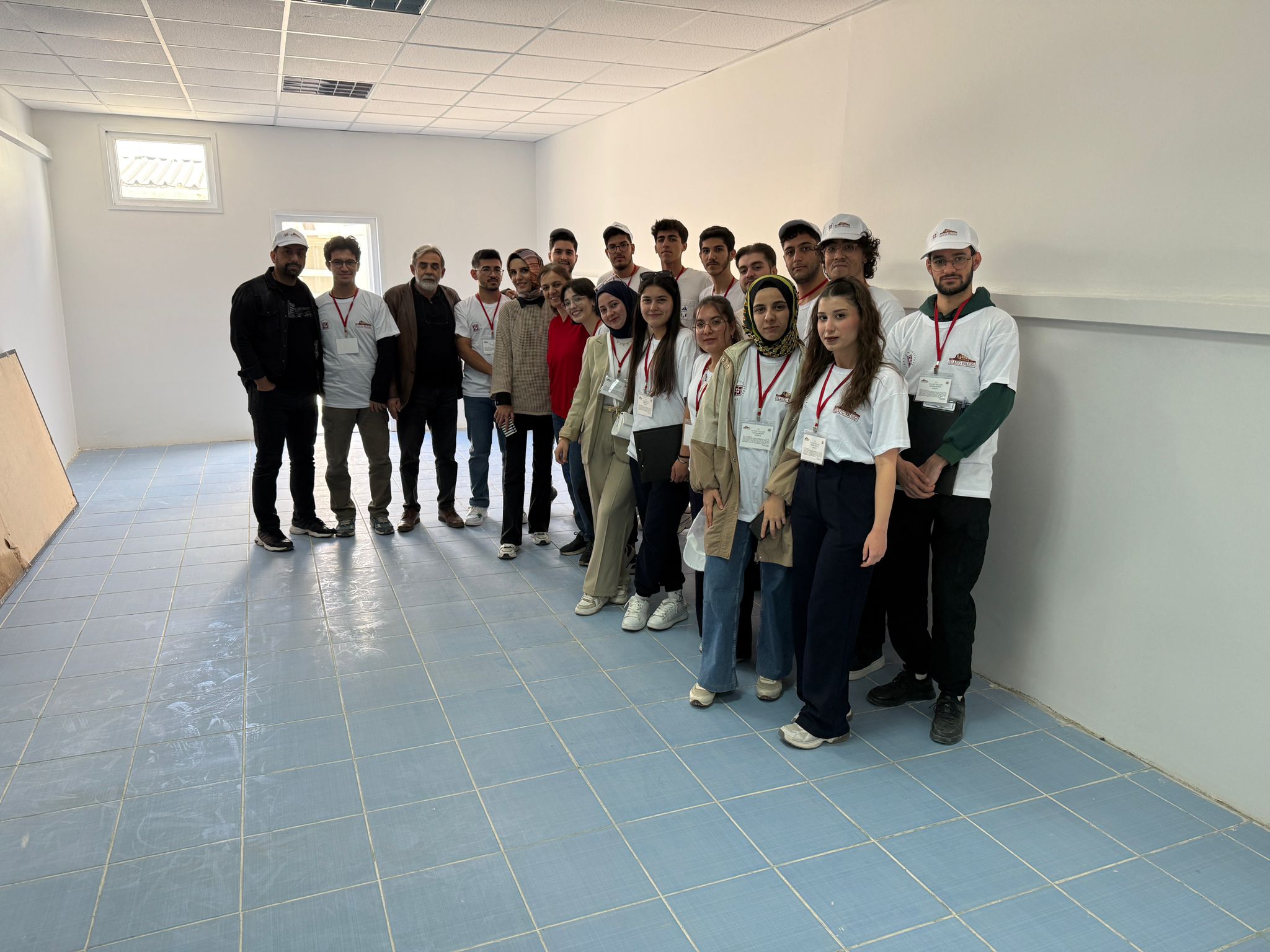
A Cooperation Protocol has been ...
31.10.2025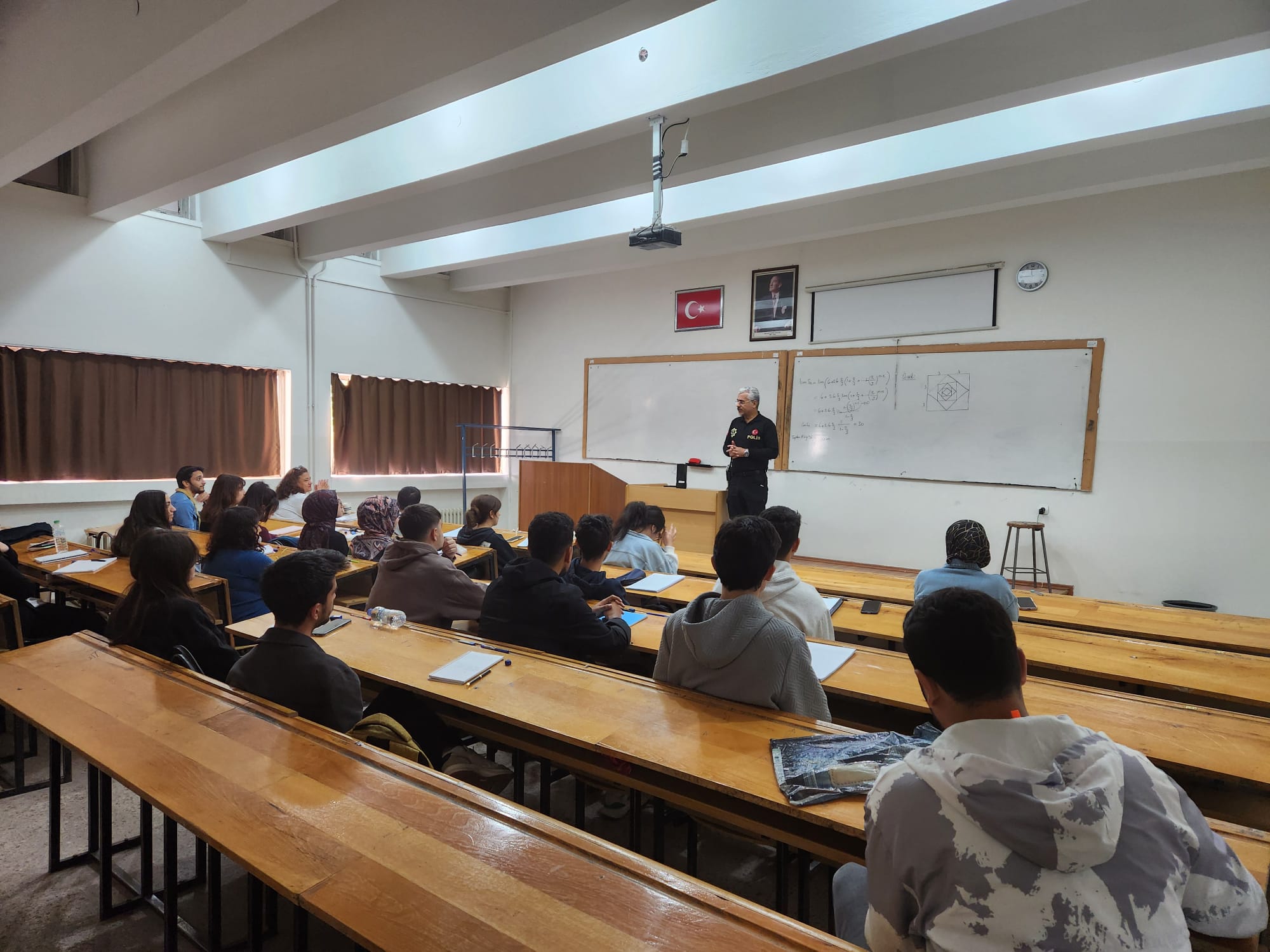
Fight Against Drugs and Awareness ...
21.10.2025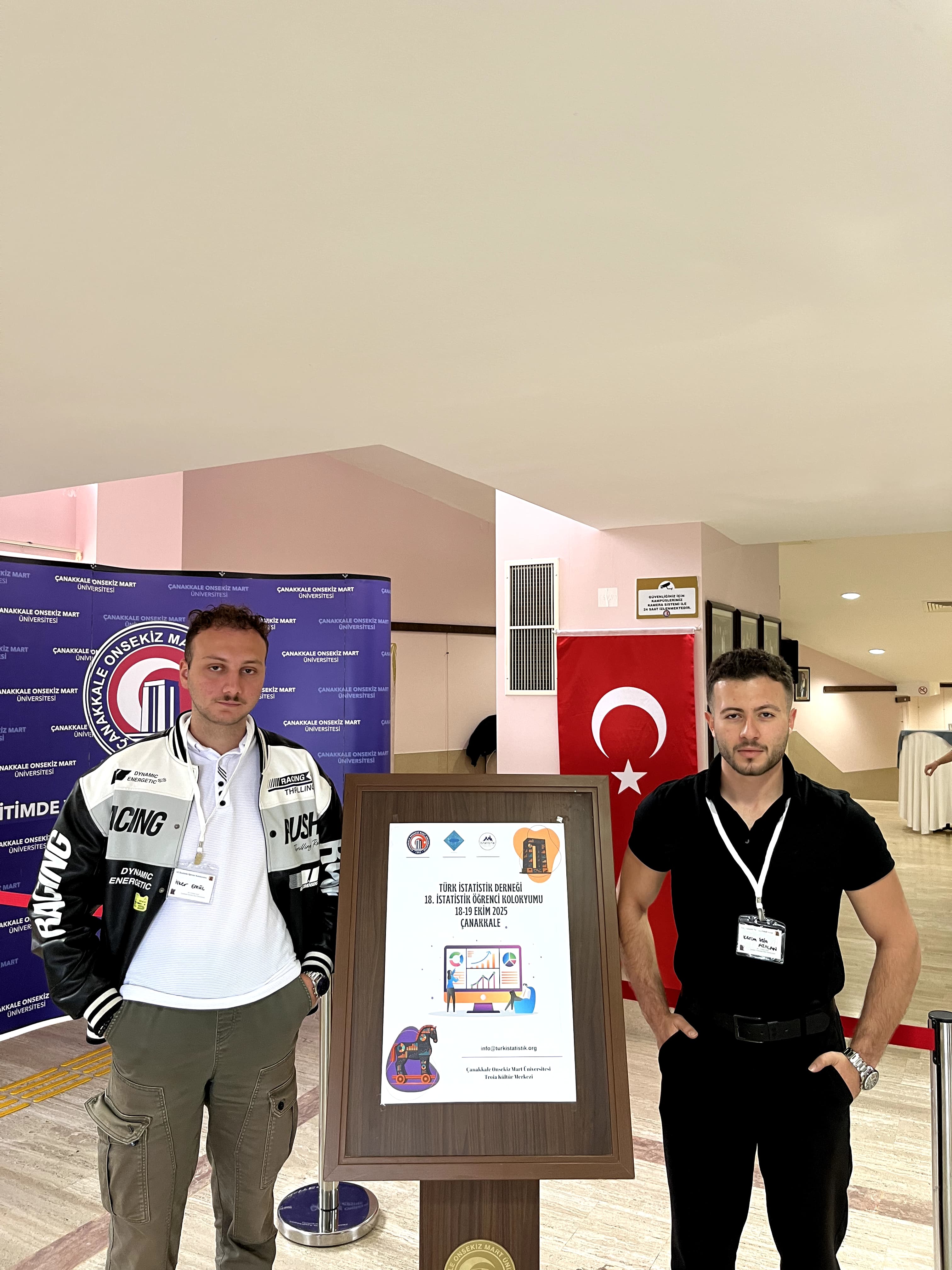
Statistics Department Students ...
20.10.2025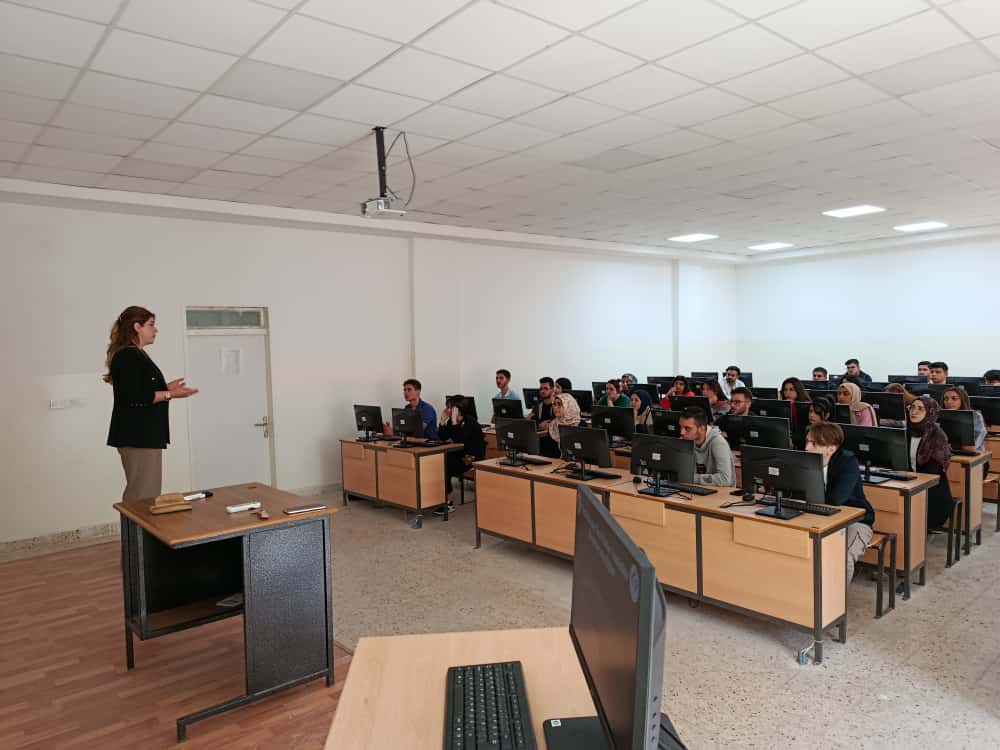
An Orientation Meeting Was Held for ...
25.09.2025